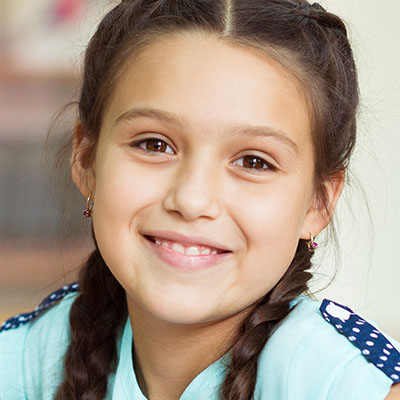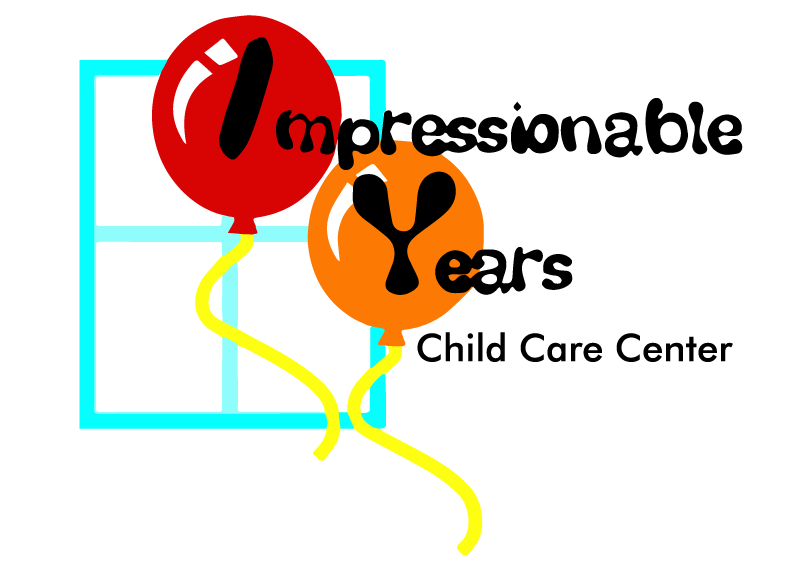Keeping Your Child Safe And Healthy
With Expert-Informed Guidelines Like Deep Cleaning, Social Distancing, And Temp Checks
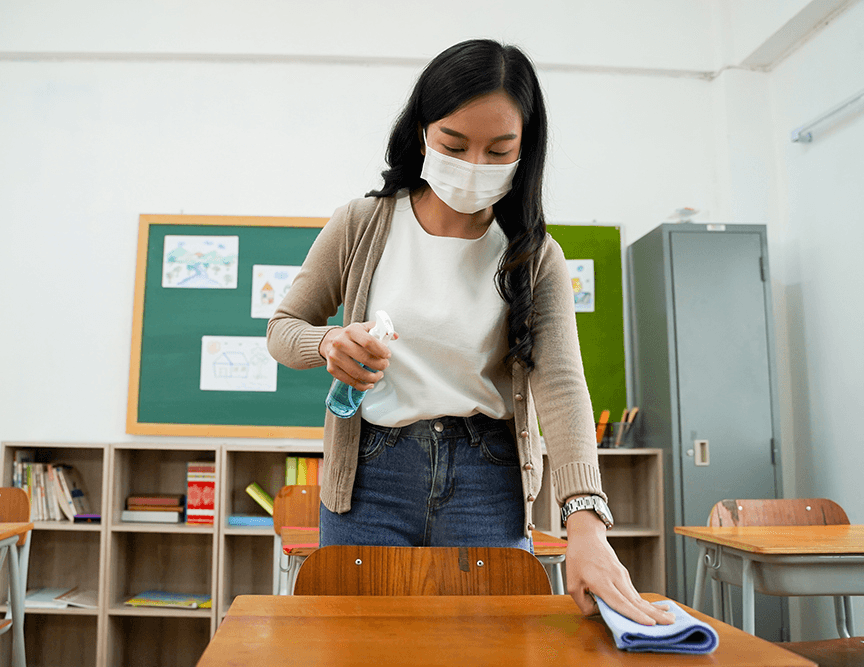
Keeping Your Child Safe And Healthy
With Expert-Informed Guidelines Like Deep Cleaning, Social Distancing, And Temp Checks
Preschool & Childcare Center Serving Gambrills, Crofton, Bowie, Piney Orchard, Odenton, Fort Meade, Annapolis and all its surrounding areas.
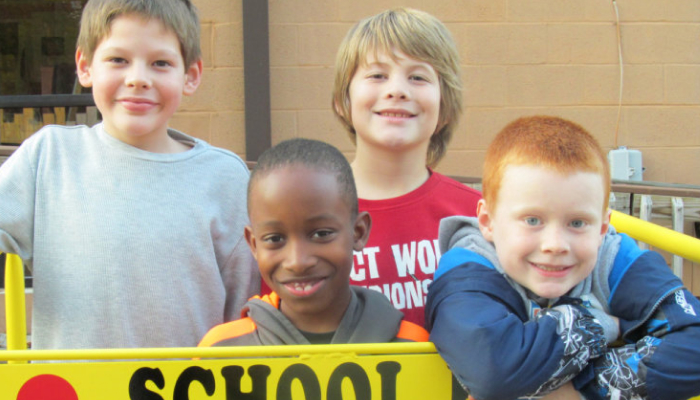
Consistent Classroom Pods Stem Cross-Over Contagions
Your child stays in the same group of children and staff who stay together every day, with
as little mixing between groups as possible. Staggering times for outdoor play and eating in class with the same group limits exposure and decreases the risk of contagions.
Social-Distancing Keeps Your Child Virus-Free
Maintaining a 6-ft separation when possible and being outside more, along with limiting visitors and postponing field trips, decreases the risk of exposure. Teaching your child alternate ways to greet others is fun and keeps your child safe as they high five instead of hug.

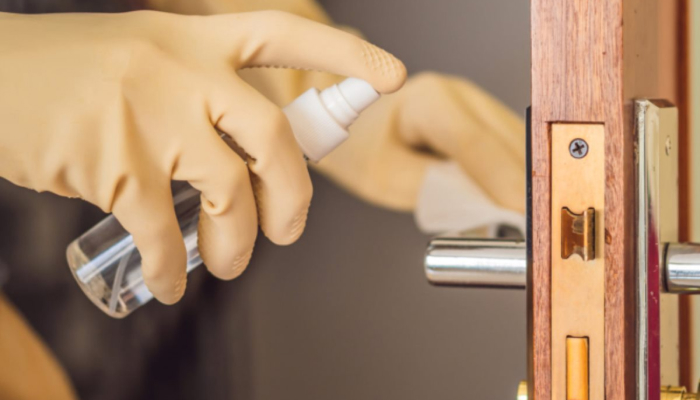
Sanitizing Items And Spaces Protects Good Health Now
Toys and other materials are washed and sanitized before being used by another classroom cohort, and a marked “yucky bucket” container lets us know what to clean next. Staff follow a schedule for frequent cleaning and disinfecting of all your child’s spaces for a germ-free day.
Increased Hand-Washing Kills Germs And Viruses
Staff and your child often wash their hands with soap and water for at least 20 seconds, especially before and after eating or coming in from outside. Hand sanitizers are also at the ready for convenient use, killing contact germs and keeping your child healthy.
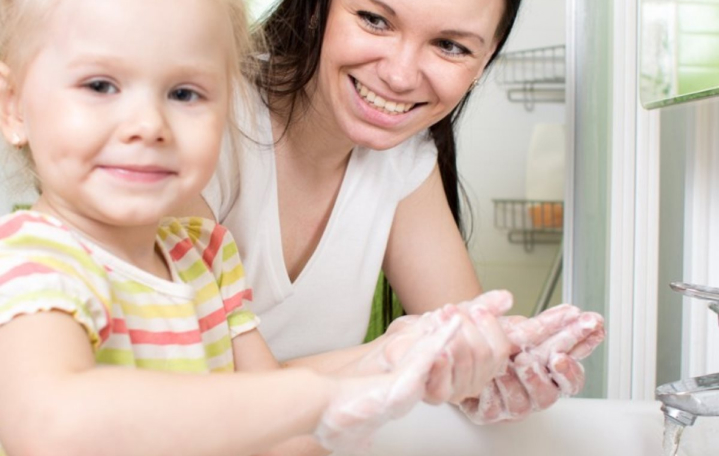
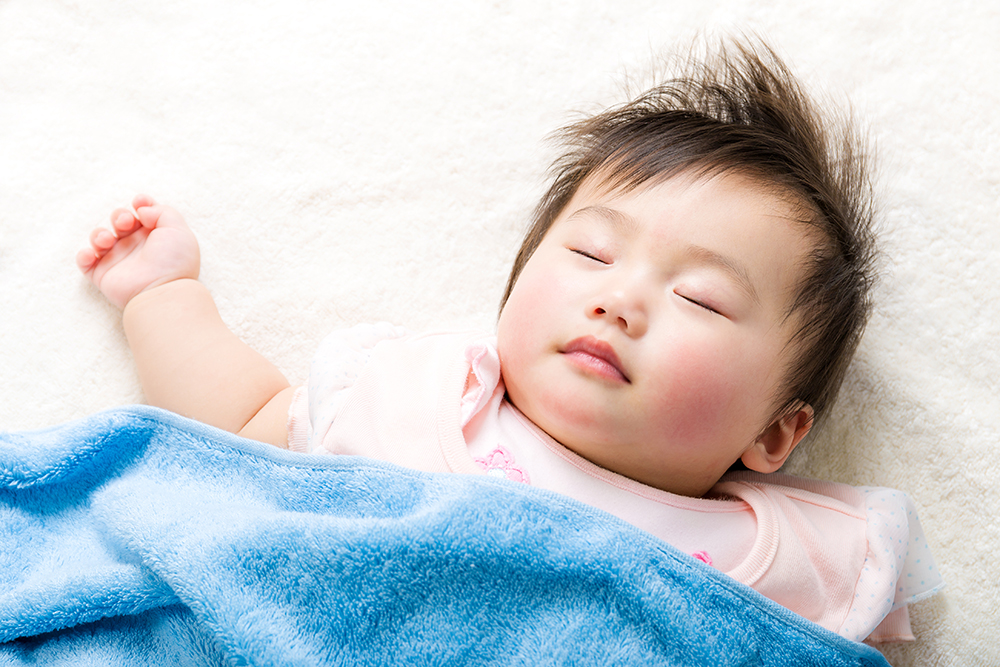
Nap & Rest Time Stays Safe With Healthy Measures
All your child’s labeled bedding is theirs to use only and gets washed weekly, and mats/cots/cribs are spaced out as much as possible, so nap and rest time stay just what they need to be: peaceful and worry-free!
Temporarily Removing Tough To Wash Items For Safety
Providing duplicates of toys and multiple sets of materials limits the number of children touching the same objects. Putting water and sensory tables on hold, and removing toys and materials that aren’t easily cleaned, keep your child’s beloved items safer than ever.
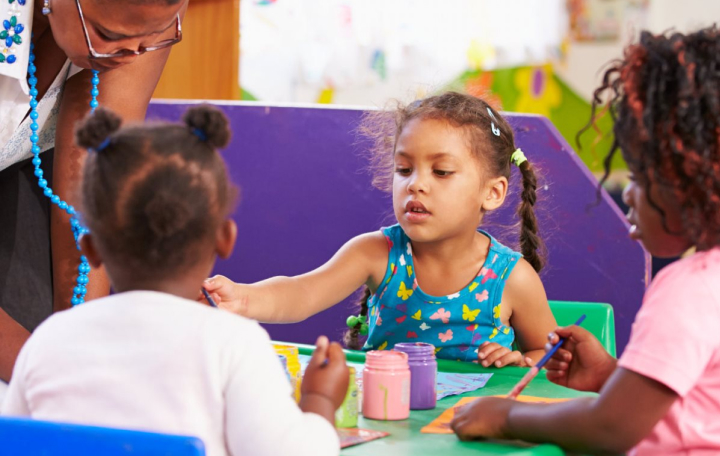
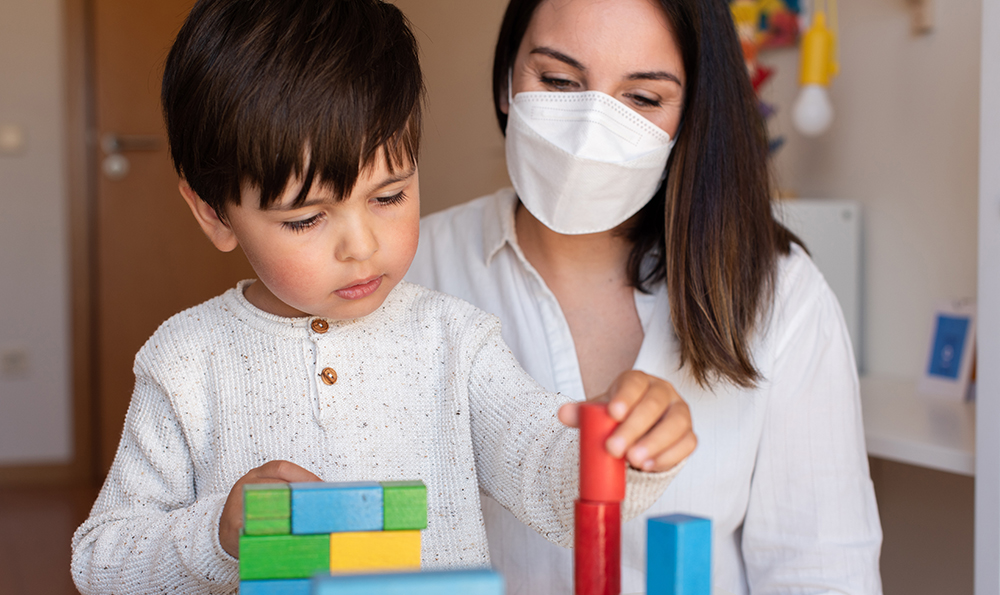
Wearing Face Masks Shields From Contagious Contact
Adults wear face masks inside the building, along with children over 5, because it’s a proven strategy that puts a stop to the potential spread of germs to keep your child healthy and safe.
Screening For Symptoms Tracks Potential Illness
At the top of the day, families answer a short list of health-related questions and take their child’s temperature to ensure they don’t have a fever–please bring your own thermometer. Tracking symptoms ensures your child’s spaces stay free and clear of potential illness.
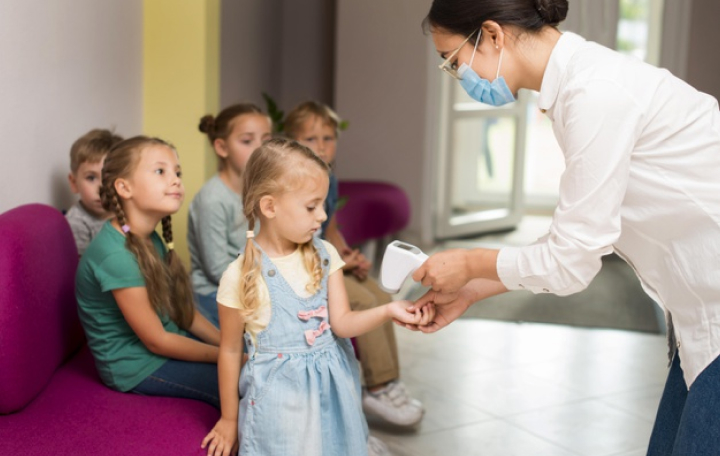
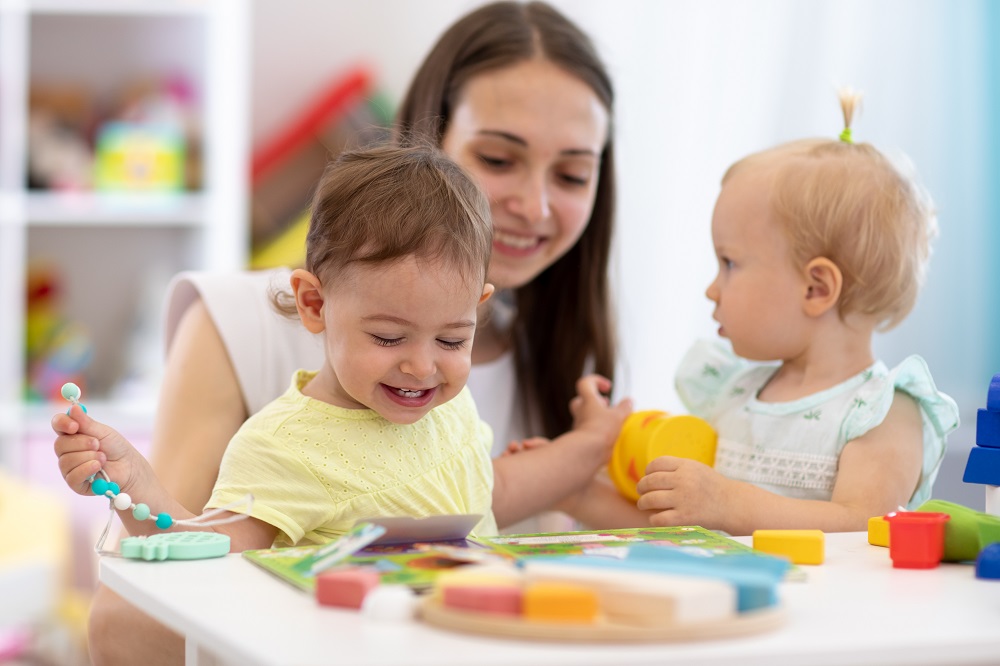
Trained Staff Stay Up To Date On Best Practices
All staff receive training to understand points like how virus is transmitted, signs and symptoms, and the policies and procedures that keep your child safest. A combined effort is the best defense to safeguard your child’s health.
frequently asked questions
Upon arrival to the program, we ask staff and families to report if staff/children have:
- had any symptoms of COVID-19 (cough, shortness of breath, difficulty breathing, new loss of taste or smell, OR fever of 100.4 degrees or higher, chills or shaking, muscle aches, sore throat, headache, nausea or vomiting, diarrhea, fatigue, and congestion or runny nose);
- been diagnosed with COVID-19, tested for COVID-19 and are awaiting a result, or have been instructed to isolate or quarantine by a health care provider or health department;
- had close contact (been within 6 feet for more than 15 minutes total in 24 hours) with anyone with a confirmed or probable case of COVID-19 within the last 14 days.
- Adults are required to wear cloth face coverings during drop-off and pick-up when performing temperature checks, and if they enter the building;
- It is required that children 5 and older wear a cloth face covering while in the child care program if they can do so safely and consistently;
- It is recommended that 2-, 3-, and 4-year-olds wear a cloth face covering while in the child care program if they can do so safely and consistently;
- Face coverings will not be placed on children under age 2, anyone who has trouble breathing, or anyone unable to remove the face covering without assistance.
- Parents will be contacted for prompt pick-up;
- Your child will be isolated from other children and as many staff as possible;
During this time, we are trying to limit the number of items brought into the facility because this can be a way to transmit the virus, so we ask that families refrain from bringing items from home as much as possible.
Those from the Maryland State Department of Education and Maryland Department of Health, per best practices from the Centers for Disease Control and Prevention.
Please refer to the office manager, Ms. Elyse Small, at (410)721-0544.
How Old Is Your Child?
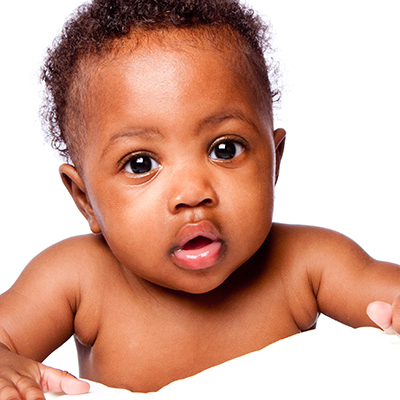
Infants
6 weeks - 17 months
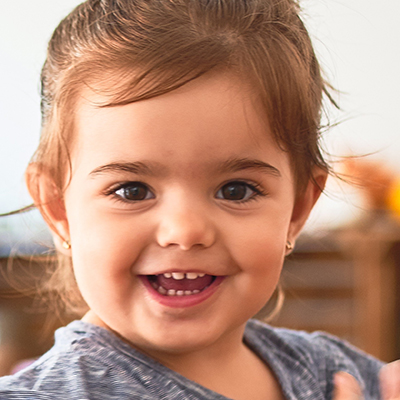
Toddlers
18 months - 2 years
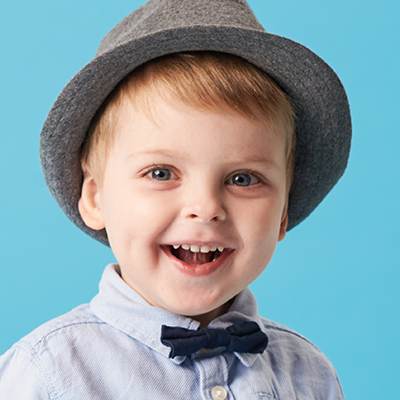
Preschool
2 - 4 Years
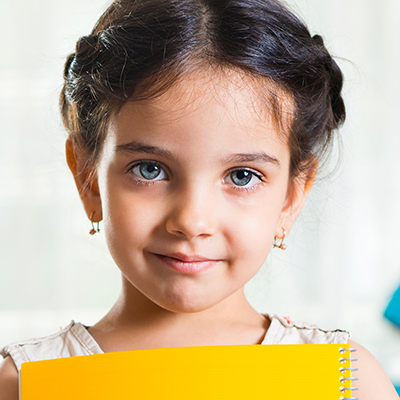
Pre-K
4 - 5 Years

Before/After
5 - 10 Years
